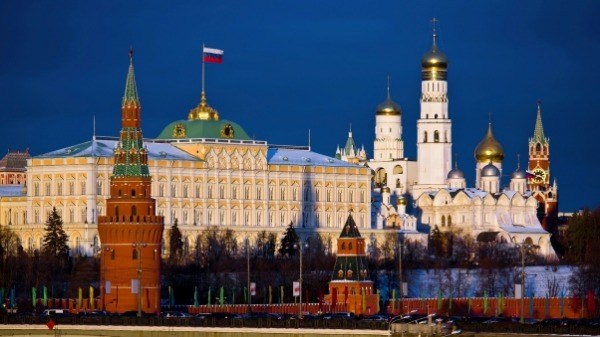Kremlin accuses the West of trying to ignite economic crisis in Russia
Western countries are trying to provoke an economic crisis in Russia, which poses a threat to national security, Assistant to the Secretary of the Russian Security Council, Alexander Abelin, TASS reports.
According to him, Russian authorities should focus on developing measures to bock these attempts.
Ensuring economic security through strengthening economic sovereignty and countering threats that could harm Russia's national interests is the country's most important strategic national priority, Abelin stressed.
He added that, in recent years, the Russian economy has shown its ability to maintain and strengthen its potential in the face of global instability and sanctions.
“The Russian economy is critically dependent on the import of high-tech products and the situation on the world markets of raw materials, primarily hydrocarbons. At the same time, the high pace of technological development and increased competition in the world represent a challenge that can "develop into threats to economic security and loss of economic sovereignty," Abelin said.
"And this despite the fact that the country's wealth is not limited to oil and gas, and Russian specialists are highly valued all over the world," he said.
According to the updated Russian National Security Strategy, which was prepared by the Security Council and approved by the decree by President Vladimir Putin, the Russian authorities intend to solve the economic problems facing the country with "reliance on internal potential" and through the "independent solution".
The paragraph on "attracting foreign investment, which was present in the strategy-2016, in the new version of the document is withdrawn. At the same time, the need to "strengthen control" over foreign investors in strategic industries, "reduce the use of the dollar" and "overcome critical dependence on imports of technologies, equipment and components" is emphasized.
Commenting on the isolationist theses of the strategy, Abelin stressed that the solution of economic problems "will be carried out by Russia while maintaining openness to mutually beneficial cooperation with other countries."
"Building diversified ties allows us to increase the stability and dynamism of the Russian economy," Abelin said.
He also noted that simply participating in global production chains "does not guarantee long-term and sustainable economic benefits."
Based on this, it is important for Russia to have technological achievements and competitive advantages in sectors of the economy that meet modern challenges in the context of the rapid development of the global digital economy, Abelin concluded.
